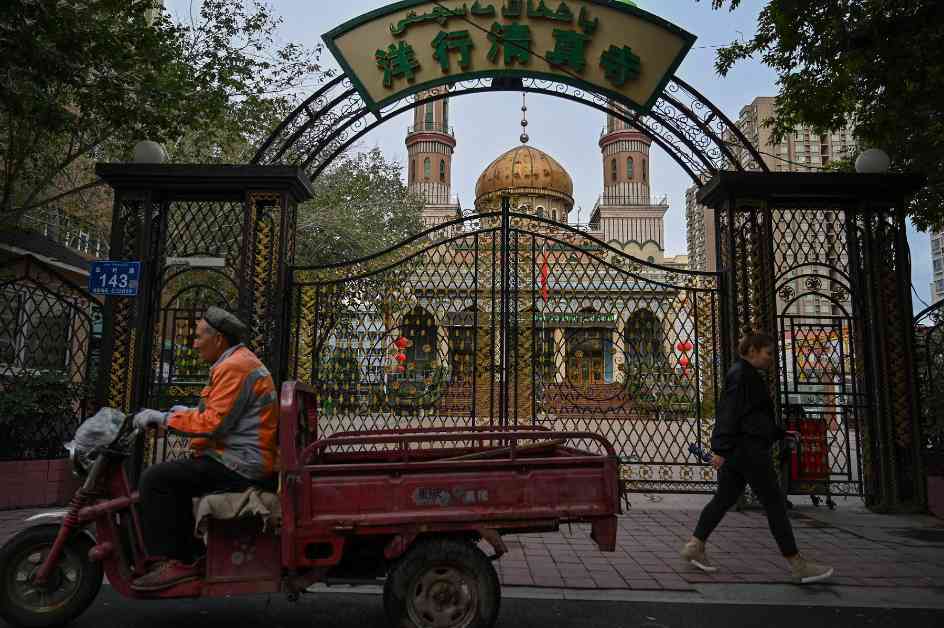The Xinjiang Uyghur Autonomous Region has recently implemented new regulations on religious practice, further tightening restrictions on mosques and religious leaders. These changes aim to ensure that religious sites appear more “Chinese” and to cultivate leaders who align with the government’s patriotic ideals. While these regulations may not represent a complete shift in China’s approach to religious freedom, they do solidify the government’s control over religious practices and impose harsher penalties for violations.
The Xinjiang Regulations on Religious Affairs were first enacted in 1994 and amended in 2015, reflecting Beijing’s long-standing efforts to Sinicize religious practices in the region. The recent amendments, which came into effect in 2024, underscore the government’s commitment to regulating religious activities in Xinjiang. Despite constitutional protections for religious belief, the space for religious practice in China has continued to shrink, with the government intensifying its control over religious affairs under the leadership of Xi Jinping.
One of the key aspects of the updated regulations is the emphasis on Sinicization, a concept introduced by Xi Jinping in 2016. This approach calls for religions in China to embody Chinese culture, unity, and patriotism. The State Administration for Religious Affairs (SARA), now part of the Chinese Communist Party, has issued several measures addressing various aspects of religious affairs, including religious groups, clergy, and educational institutions. These measures have influenced the Xinjiang Regulations, which now require religious institutions to adhere to core socialist values and promote the Sinicization of religion.
The 2024 amendments to the Xinjiang Regulations include provisions that mandate religious activity sites to reflect Chinese characteristics in their architecture and design. This requirement aligns with the government’s efforts to remove foreign or “radical” influences from religious buildings, such as domes and minarets. The regulations also introduce new rules for religious education institutions, emphasizing the cultivation of “patriotic religious talents” who can interpret religious doctrines in line with the government’s ideology.
Furthermore, the updated regulations address internet religious information services, requiring government oversight and registration of online religious service providers. These provisions aim to control the dissemination of religious information and prevent online proselytizing. Violations of these regulations can result in significant fines and personal repercussions for individuals involved in unauthorized religious activities.
The Xinjiang Regulations on Religious Affairs serve as a testing ground for religious policies that may eventually be incorporated into national-level regulations. The government’s focus on national security concerns has led to the inclusion of provisions related to terrorism, separatism, and extremism in religious regulations. By secularizing religion and restructuring religious groups to align with the Party-state’s administration, the government aims to prevent challenges to its authority and maintain control over religious activities.
The Chinese Communist Party’s project to establish a “rule of law” system for religious affairs reflects its broader goal of consolidating its leadership and ideology. By incorporating non-religious elements into religious practices and controlling religious institutions, the Party seeks to create an antithesis of religion that aligns with its socialist values. This approach, highlighted by Xi Jinping’s call for a “Socialist Religious Theory with Chinese Characteristics,” aims to redefine established terms and weaken their original meanings.
Despite constitutional protections for religious freedom, observers have raised concerns about the shrinking space for religious practice in Xinjiang. The government’s strict regulations on religious activities suggest a move towards an atheistic country where the Chinese Communist Party is the sole authority. With each amendment to the religious regulations, the government appears to be inching closer to its ultimate goal of controlling religious practices and eradicating challenges to its authority.

















